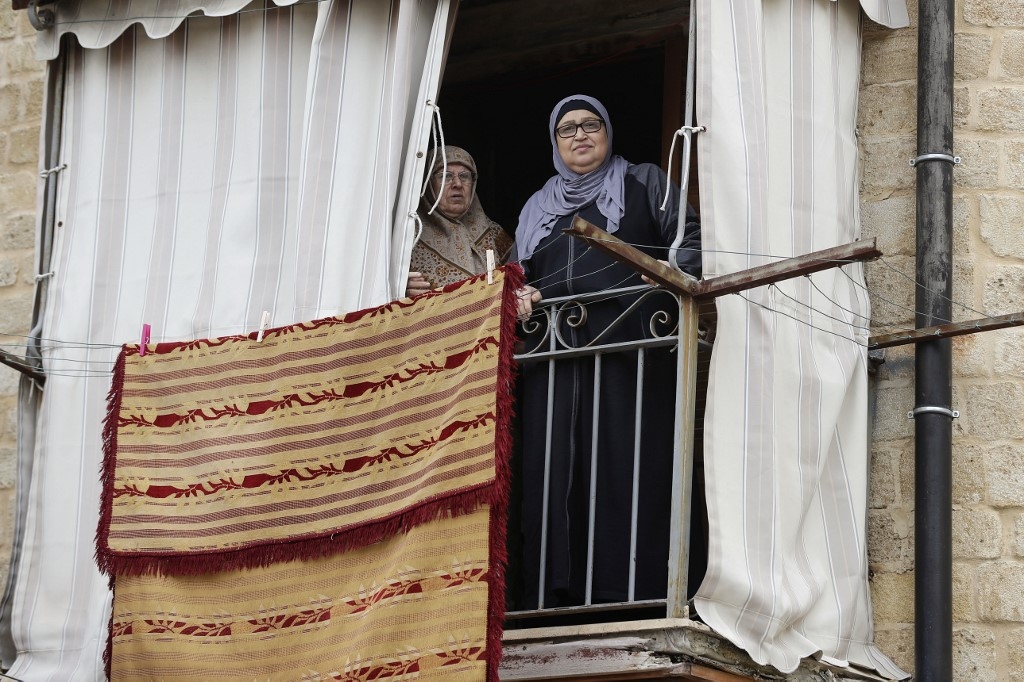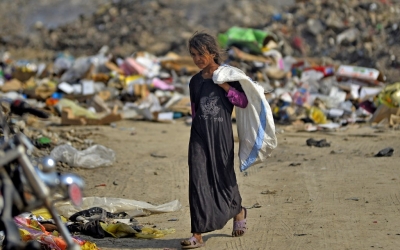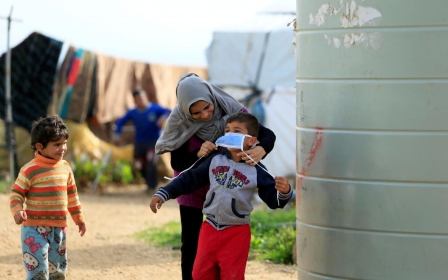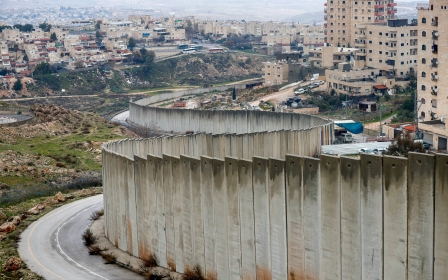Millions at risk of going hungry in Lebanon amid coronavirus lockdown: HRW

Millions in Lebanon are "at risk of going hungry" amid the country's coronavirus lockdown measures unless the government provides urgent assistance, Human Rights Watch (HRW) said in a statement on Wednesday.
The Lebanese government issued a stay-at-home order on 15 March to halt the spread of the coronavirus, officially known as Covid-19. The order is expected to remain in place until 26 April.
Since 21 February, when infected travellers first began arriving from Iran, the disease has infected at least 575 people and killed 19, according to figures compiled by Johns Hopkins University.
'If the government does not step in, more than half the population may not be able to afford food and basic necessities'
- Lena Simet, HRW senior researcher
Before the pandemic erupted, Lebanon was already struggling with its worst economic crisis in decades, with 45 percent of the country's 4.5 million population facing poverty and 22 percent facing extreme poverty.
In its statement, HRW said that lockdown measures had made matters worse, with "millions of Lebanon's residents... at risk of going hungry."
"Many people who had an income have lost it, and if the government does not step in, more than half the population may not be able to afford food and basic necessities," HRW senior researcher Lena Simet said.
"The lockdown... has compounded the poverty and economic hardship rampant in Lebanon before the virus arrived," she added.
Suspend rent and mortgage payments
The government announced on 1 April that it would pay 400,000 Lebanese pounds (less than $150) to the most vulnerable families, after pledging 75 billion Lebanese pounds (around $28 million) a week earlier for nutrition and sanitary assistance.
HRW said that it was unclear whether both announcements referred to the same assistance.
The rights group also said that the government should look into suspending rent and mortgage payments during the stay-at-home order.
Sporadic protests have erupted in parts of the country as people have broken the mandatory curfew to demand assistance. "We want to eat, we want to live," protesters chanted in Beirut's southern suburbs late last month.
HRW Lebanon researcher Aya Majzoub said that Syrian refugees had also been hurt by the lockdown measures.
Lebanon is home to about 1.5 million Syrian refugees, the majority of whom rely on aid.
"Many of them were seasonal workers, they worked in agriculture, they worked in the service industry, and they're not able to do that anymore," Majzoub said.
On Monday, Lebanon's President Michel Aoun urged the international community to provide financial assistance to help support the country's economic reforms.
The World Bank allocated $40m to support Lebanon's fragile health sector in its fight against the virus, and increase hospitals' "ability to test and treat suspected cases."
Last week, a report by the United Nations warned that about 8.3 million people in Arab countries were at risk of falling into poverty because of the pandemic.
Middle East Eye propose une couverture et une analyse indépendantes et incomparables du Moyen-Orient, de l’Afrique du Nord et d’autres régions du monde. Pour en savoir plus sur la reprise de ce contenu et les frais qui s’appliquent, veuillez remplir ce formulaire [en anglais]. Pour en savoir plus sur MEE, cliquez ici [en anglais].





